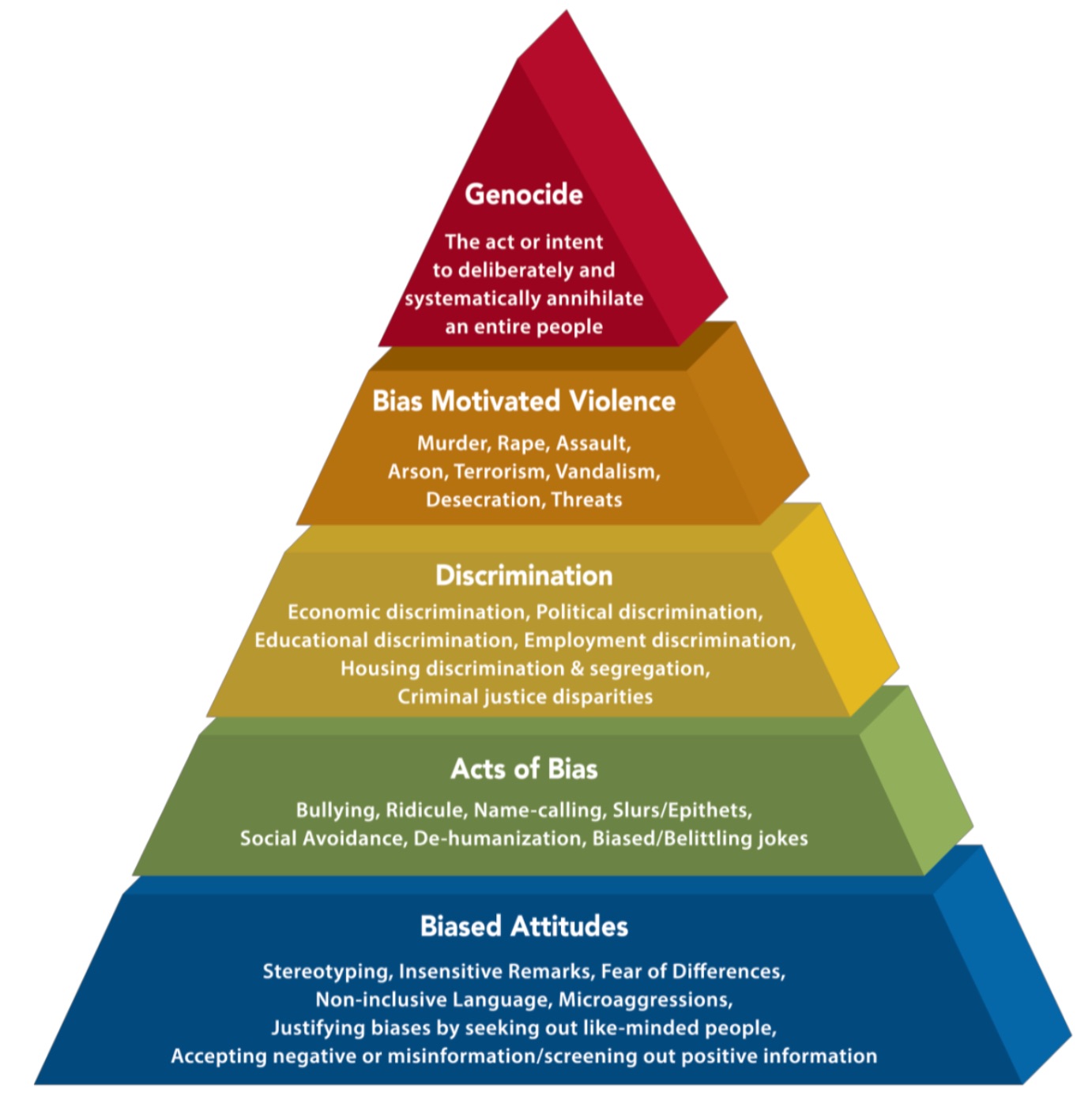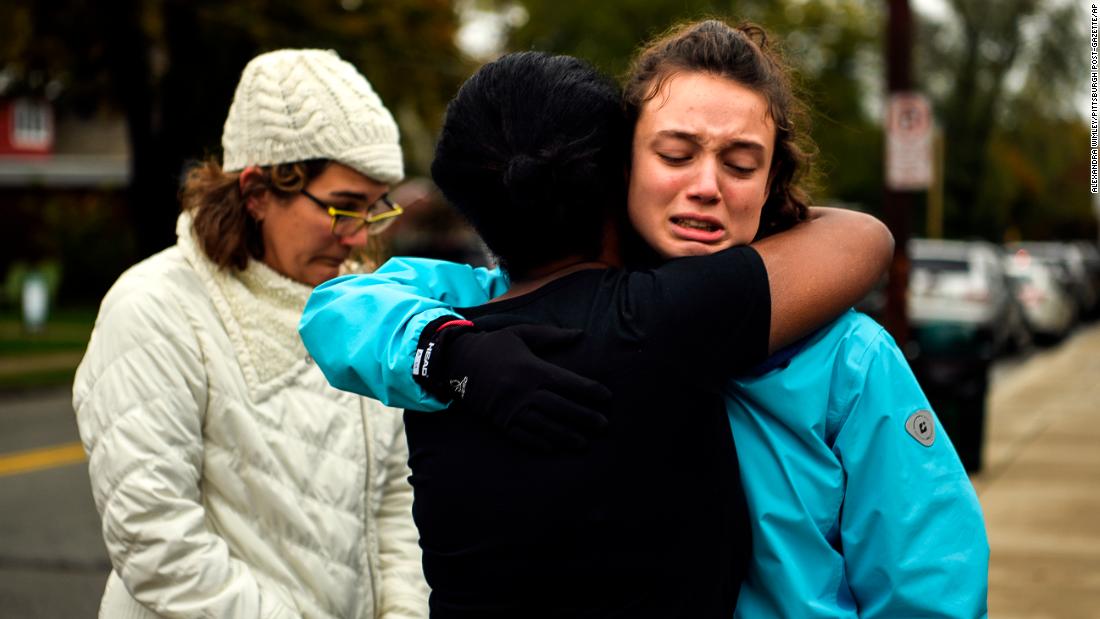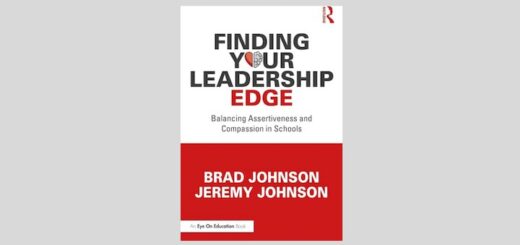Talking about Tragedy: Teachers Are Human Too
A MiddleWeb Blog
 As a history teacher who covers current events daily with eighth graders, I’m all too accustomed to the hard classroom conversations that follow an unfathomable act of violence.
As a history teacher who covers current events daily with eighth graders, I’m all too accustomed to the hard classroom conversations that follow an unfathomable act of violence.
Bomb threats, attacks at concerts, white supremacist rallies – my students and I have discussed them all, although I try to intersperse happier news amid the ugliness.
And so, after three enormous hate crimes in one week at the end of October, I came in the next Monday ready to talk, to imagine how we could react in healing ways.
Yet as I began my first-period class that day, I realized this conversation would be different. As a Jew, I felt shaken. As much as I was intending to bring up these events so that we could analyze them in a national context, I ended up starting the period more personally:
“It’s a hard time to be a Jew in America today.”
I talked about going to a prayer vigil on Sunday night, about the question of having armed guards outside our synagogue, about being one of the only Jewish teachers on campus.
We went on to engage with one of the many lesson plans I had received over the weekend from organizations such as Teaching Tolerance, the Anti-Defamation League, and Facing History and Ourselves. We zoomed in on the ADL’s Pyramid of Hate, which illustrates how hurtful words can lead to violence and genocide.
The eighth graders asked whether I had direct experience with anti-Semitism, how they can be Upstanders, if they as adolescents have power to make a difference.
I’ve never been so raw with my students as I was that morning.
The next day, I thanked them for staying with me through the conversation, for helping me process the event that I had intended to help them process.
Since then, I’ve continued to wonder how teachers – and adults of conscience in general – can best grapple with such issues. Here are three ways I’ve found to go forward in a time when the smallest step seems difficult.
Call it out.
Hate crimes are on the rise, as shown by the often-cited statistic from the ADL that anti-Semitic incidents increased 57 percent in 2017. And Jews aren’t the only targets. Immigrants. People of color. Other religious congregations. Political figures. We need to acknowledge this trend in our schools, in our communities, so that kids think twice about insults that seem like “jokes.”
Listen to each other.
Teachers can create environments in which conversations about students’ lives, and their relationship to the larger community and nation, infuse the curriculum. If we understand each other, we are more likely to take care of each other.
Ask how people are doing.
When I came onto campus the Monday after the Pittsburgh shooting, walking into the faculty room of a very supportive school, I still felt exposed. It surprised me how grateful I was for the colleagues who stopped by to ask how I was holding up. It made me think about the times I should have done the same for others.
One quotation that lifts me up is a famous admonition from Rabbi Tarfon in Ethics of the Fathers:
It is not your responsibility to finish the work of perfecting the world, but you are not free to desist from it either.”
One step, one conversation, one person at a time.
Feature photo, CNN: Kate Rothstein, left, looks on as Tammy Hepps hugs Simone Rothstein, 16, after multiple people were shot at The Tree of Life synagogue in Pittsburgh. (Source)





































